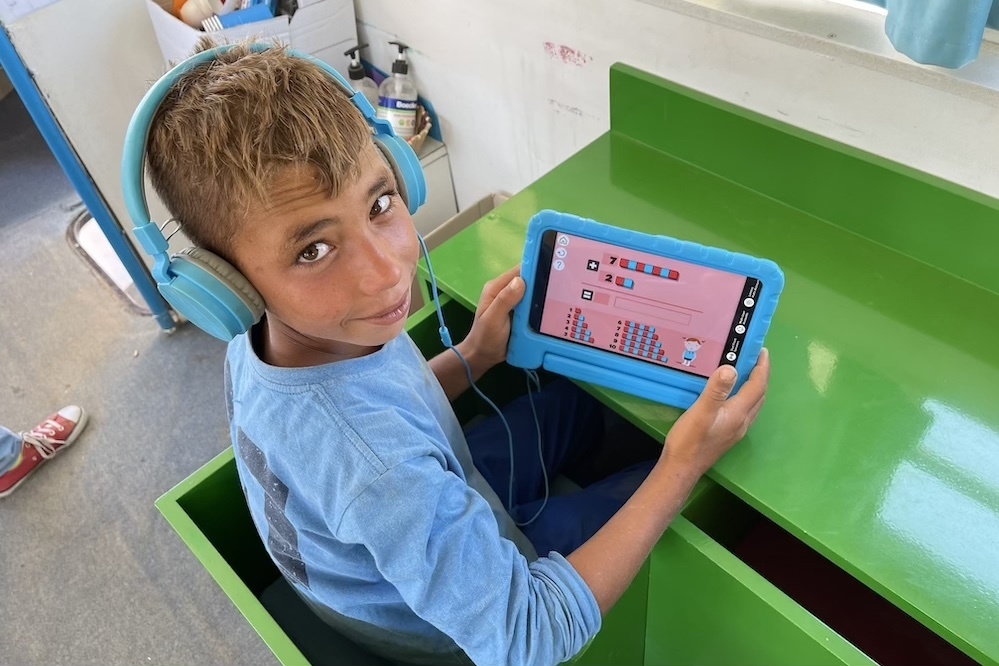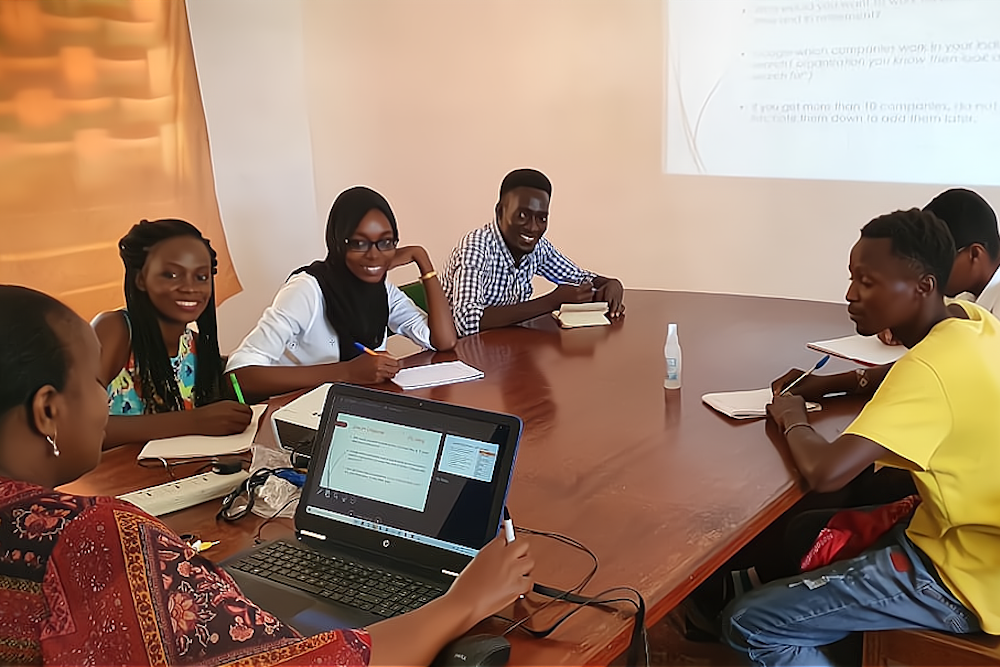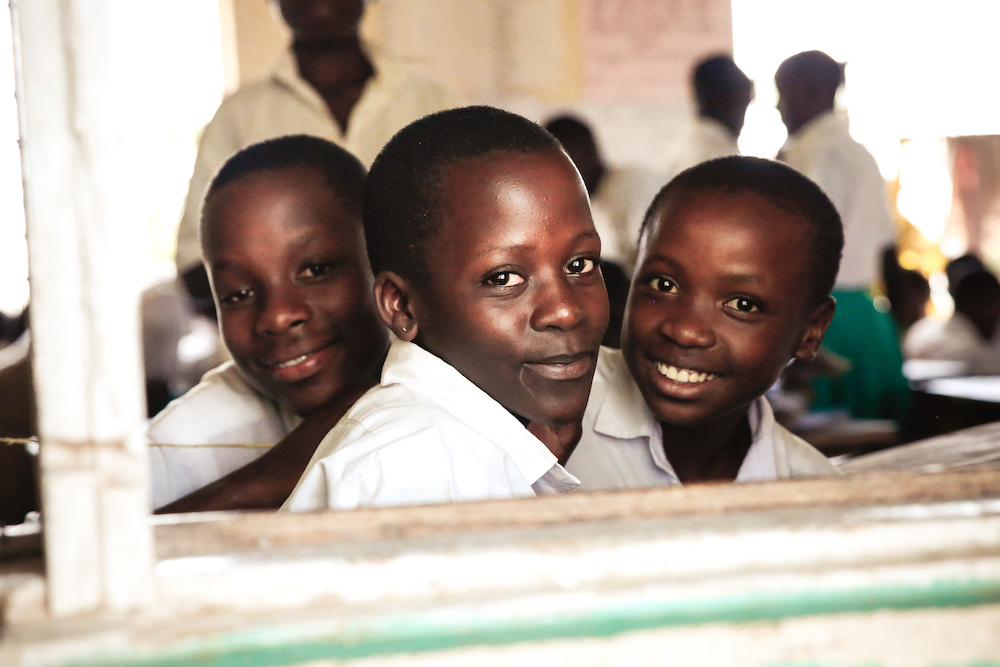Theirworld helps organisations use data to deliver innovative education projects

We have awarded six Monitoring, Evaluation and Learning (MEL) Fellowships to organisations working to scale up their pilot programmes.
Innovation is key to solving the global education crisis. But even the best ideas won’t get off the ground without solid evidence to show why they’re needed and how they’ll work.
Organisations need robust data before governments or school leaders can understand how their concepts will deliver results for students or teachers. It also helps them to improve the impact of their programmes.
With that in mind, Theirworld’s Innovation Programme has awarded six Monitoring, Evaluation and Learning (MEL) Fellowships for innovative NGOs and social enterprises who are working to scale up their pilot projects.
They range from programmes for early childhood education and refugee children to marginalised youth in countries including Uganda, Greece and Lebanon.
Our MEL Fellowships will run from now into next year and include masterclasses on generating evidence and one-to-one mentoring with experts from The Research People, a global consultancy that specialises in helping humanitarians create and use evidence.
The MEL Fellows were among 11 finalists chosen by a panel of expert judges for the Theirworld Education Innovation Awards. Five winners were announced last month and each will receive £50,000 scale-ready grants and mentoring to help them make an even bigger impact as they deliver education to vulnerable children.

Soft skills needed in the workplace is the focus for Hatua (Hatua)
The remaining six will receive our MEL Fellowships, which will run from now into next year. They include masterclasses on generating evidence and one-to-one mentoring with experts from The Research People, a global consultancy that specialises in helping humanitarians create and use evidence.
Theirworld project managers will also check in regularly with MEL Fellows to understand what further support they might need.
One of them is Hatua Network in Kenya. Development Coordinator Helen Njoroge said: “As a MEL Fellow, what we’re getting out of this opportunity is access to tools and templates for monitoring and evaluation and learning. It was very thrilling because we are looking to start our Monitoring and Learning department in the next year or two.”
Here is a quick look at our new MEL Fellows.
Action for Education
Access to psychosocial support and education opportunities for young refugees aged from 13 to 20 in Greece. Led by members of the refugee community, it takes account of traumatic experiences and responds to them.
Breteau
Digital education for disadvantaged local and refugee children in Lebanon. This is done through computer tablets preloaded with numeracy, literacy, critical thinking and cross-curricular apps aligned to the national curriculum, alongside teacher training and strategic support to school leaders.

STiR Education supports teachers and officials in Uganda. (StiR Education)
Hatua
Improving the career outcomes of marginalised youth in Kenya, through mentoring focused on soft skills needed in the workplace. Delivered via eight new e-learning modules and connecting young people to internships and jobs with local small and medium-sized enterprises.
Kidogo
A social enterprise that improves access to quality, affordable early childhood care and education in low-income communities in Kenya. It does this by establishing quality childcare centres to support early years education and enable young mothers to pursue education.
Street-child and YARID
A six-month innovative initiative to help refugee children from the Democratic Republic of Congo develop English language skills so they can integrate into formal education in Uganda.
STiR Education
Supporting education systems in Uganda to help teachers and officials be role models for the foundations of lifelong learning for every child.